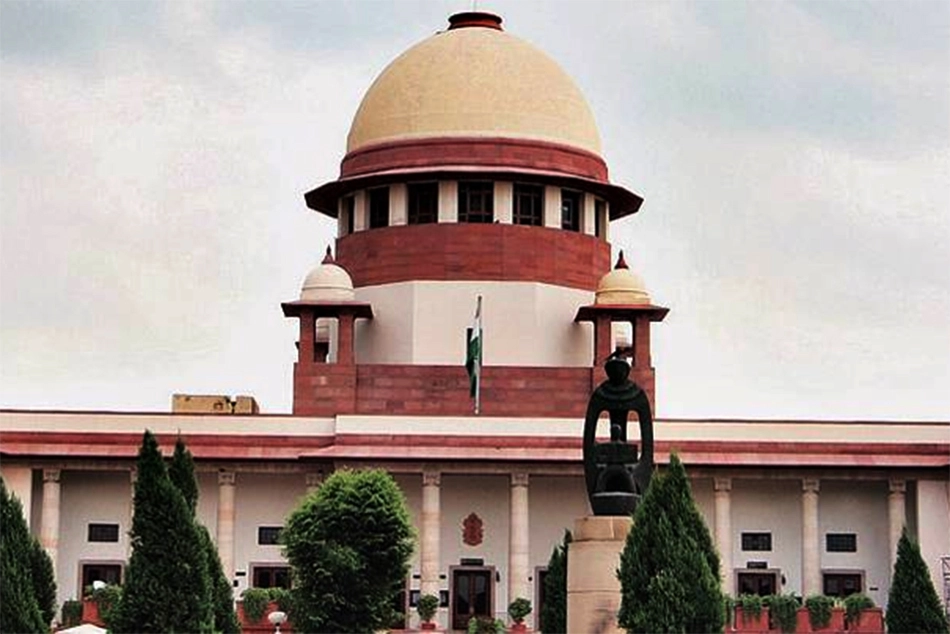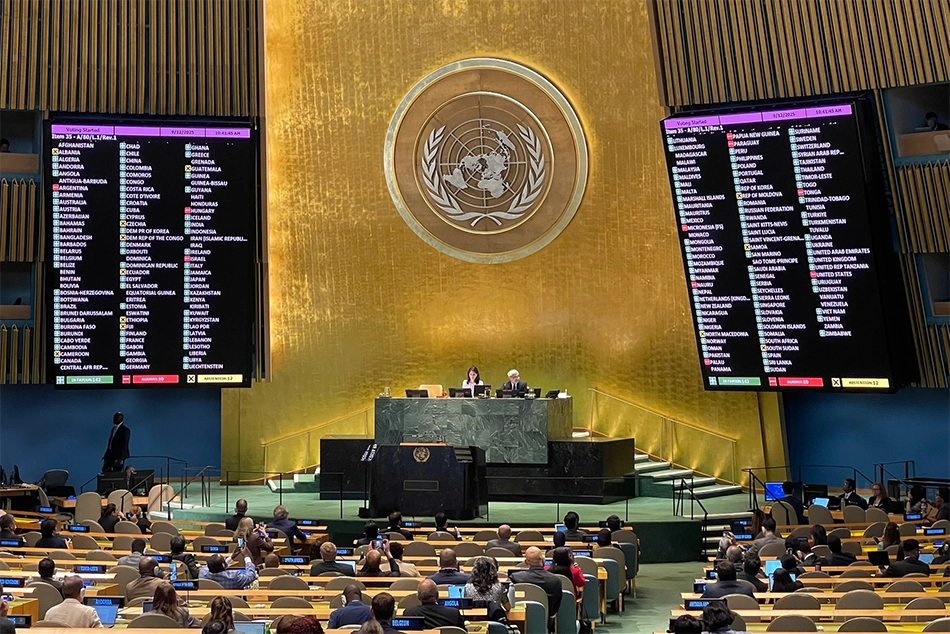
SC stays key provisions of Modi Govt's Waqf Act
The Supreme Court of India in its interim order Monday September 15, 2025 stayed the controversial provisions of the Waqf (Amendment) Act 2025

New Delhi: The Supreme Court of India in its interim order Monday September 15, 2025 stayed the controversial provisions of the Waqf (Amendment) Act 2025 but refused to grant a blanket hold on the new Waqf law.
“We have gone to legislative history right from the 1923 Act up till now and considered a prima facie challenge to each of the sections. After hearing parties, we have held that the case was not made out to stay the entire statute. However, certain sections which are challenged need some protection”, the SC bench of Chief Justice B R Gavai and A G Masih said.
Waqf only by a practicing Muslim
The provisions stayed by the apex court includes the contentious five-year religious qualification to create a Waqf and the provision allowing government officers to adjudicate property disputes.
The SC interim order today came five months after its order on April 17, 2025 ruled that no Waqf property — whether registered or deemed as Waqf by user — shall be altered in any manner, and all such properties must retain their current legal status until further orders.
The Court also directed that no appointments shall be made under the new provisions of the Act until the next hearing, scheduled for May 5, 2025. Justifying why it is not staying the entire law, the SC observed some of the provisions of the law are good.
“We have said there were some positive things in the law. We have stated that there cannot be a complete stay. But, we also don't want the situation to change which is prevailing now... like the 5 years following Islam one, we are not staying that,” the top court said.
The SC reference was to the contentious provision in the law that prevents a Muslim from giving Waqf before completing five years since embracing Islam. As per the SC latest order on Waqf Act, this provision is stayed.
“The Waqf Act provision in Section 3(1)(r) that a person has to be a practising Muslim for 5 years to create a waqf shall remain stayed till rules are framed by the state for providing a mechanism for determining the question as to whether a person has been practising Islam for at least 5 years or not.”
SC Limits DM Power on Waqf
The SC in its order today also stayed the provisions that gave all powers to District Collector or a designated officer to decide the status of a Waqf property, and whether a Waqf property has been encroached over by government.
The SC said the provision permitting the collector to determine the right over the property is against the doctrine of separation of powers.
"The Executive cannot be permitted to determine the rights” over property", the Apex Court said.
Follow ummid.com WhatsApp Channel for all the latest updates.
Select Language to Translate in Urdu, Hindi, Marathi or Arabic







